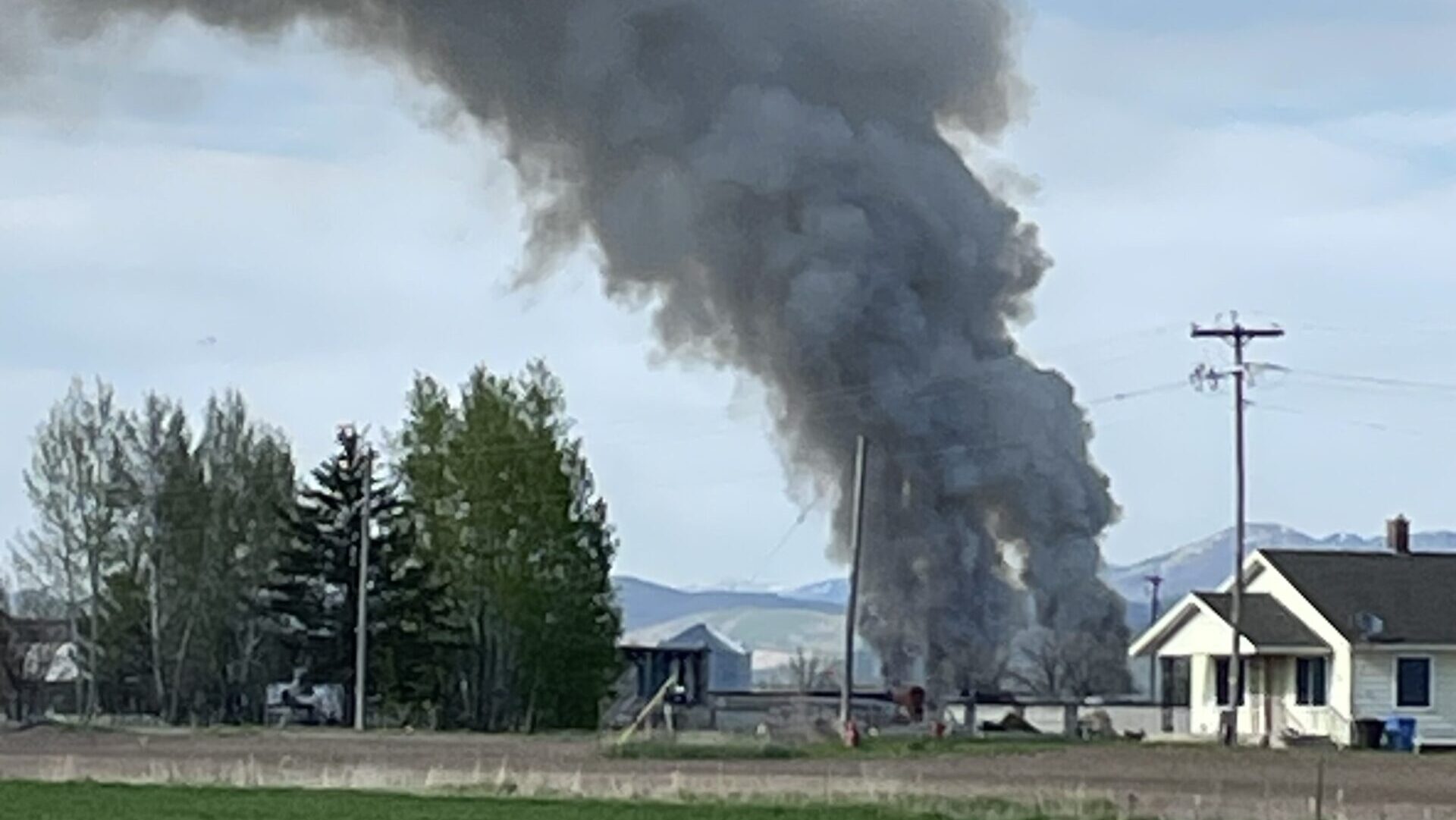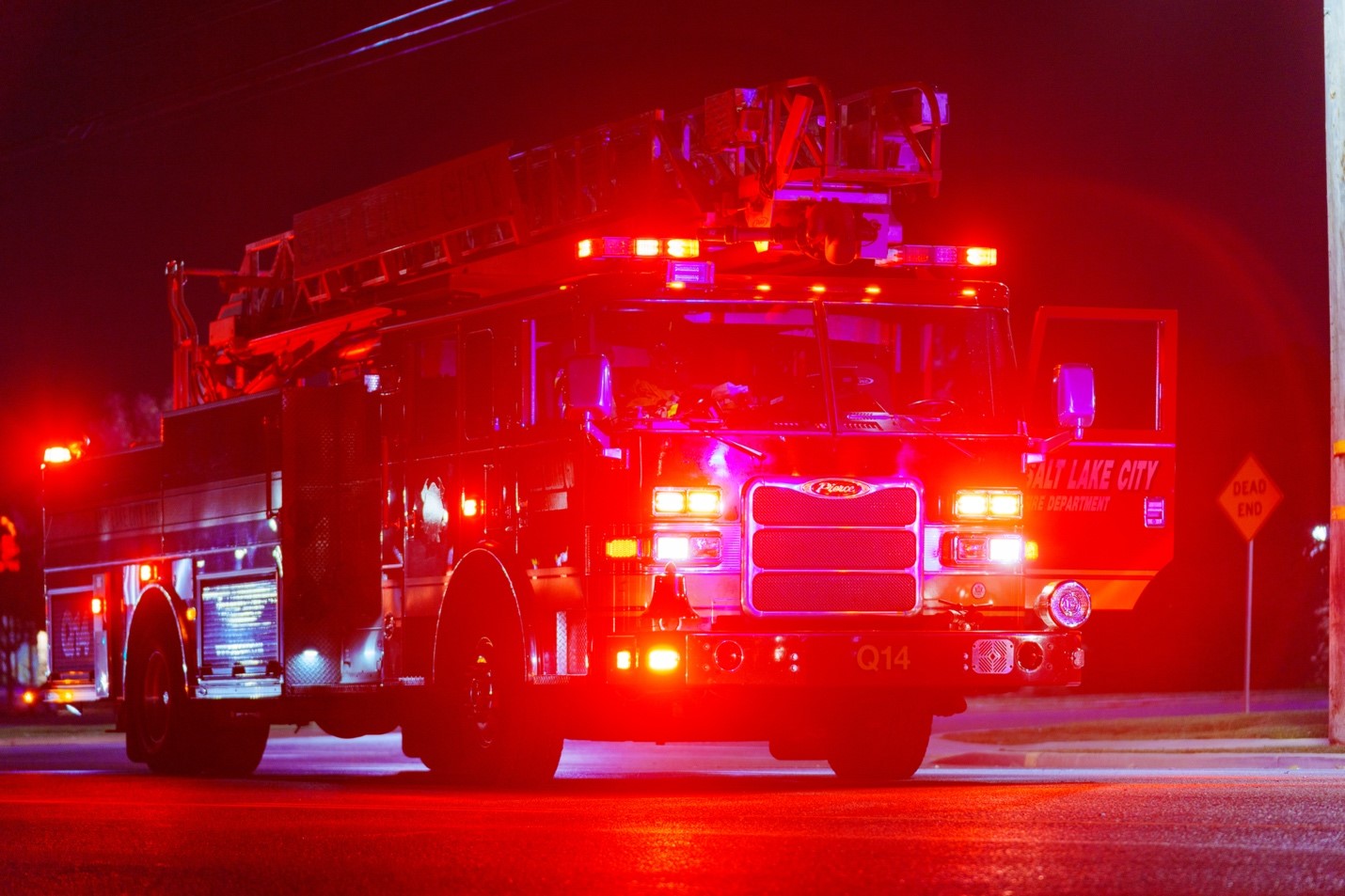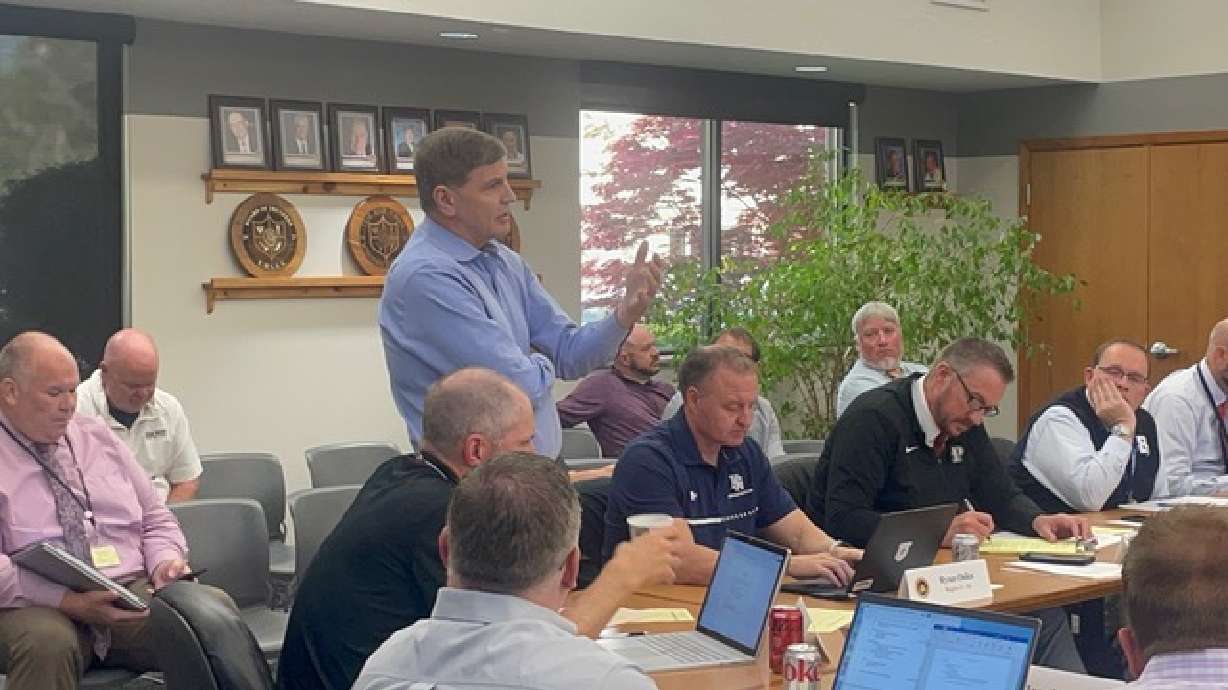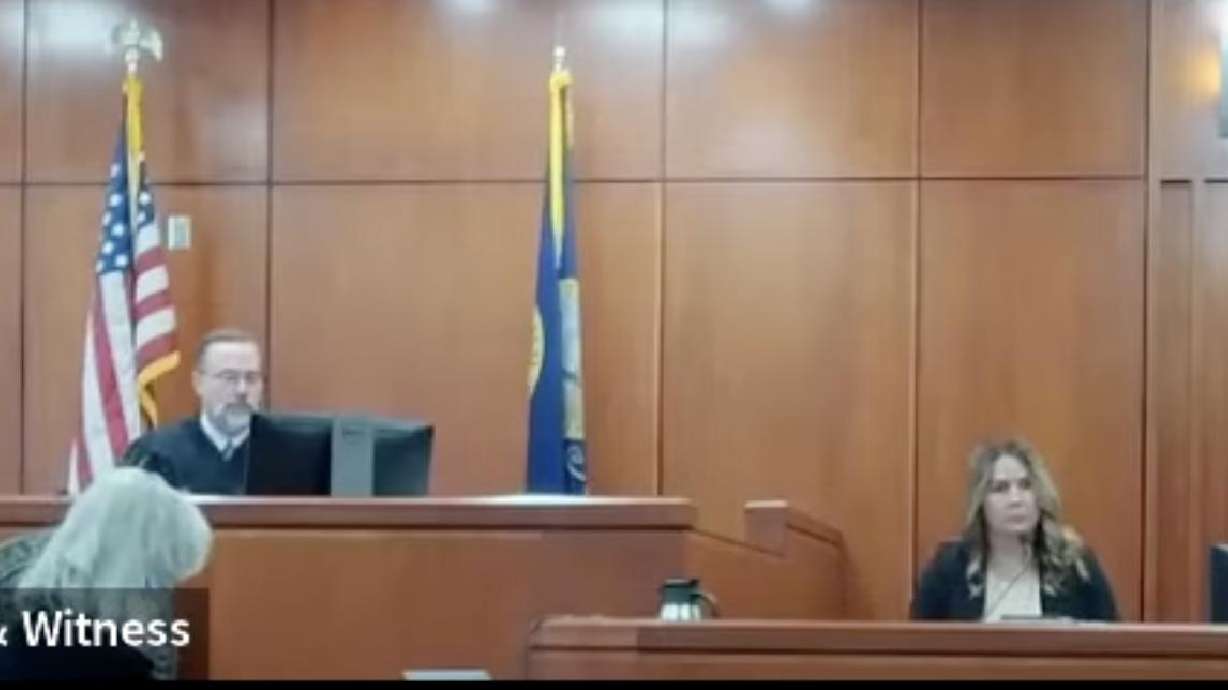Sen. Mike Lee at CPAC: The left hates the Bill of Rights
Feb 26, 2021, 1:25 PM
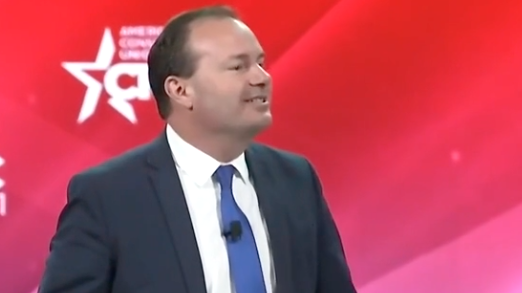
Sen. Mike Lee, R-Utah, addresses CPAC, the national Conservative Political Action Conference, on Friday, Feb. 26, 2021. According to the latest Deseret News/Hinckley Institute of Politics survey, Lee holds a two-point lead over independent challenger Evan McMullin. Photo: KSL NewsRadio
SALT LAKE CITY — Sen. Mike Lee, R-Utah, opened his CPAC, or national Conservative Political Action Conference, address with a claim that “the left” hates the Bill of Rights.
The first ten amendments to the US Constitution, the Bill of Rights, spell out specific protections for American citizens.
Why would Lee say the left hates the Bill of Rights?
“Well, because the Bill of Rights talks about things that the government can’t do. And that, to them, is blasphemy. That’s the absolute worst because they want to use government,” he said.
Lee: Bill of Rights under attack
In particular, he warned the right of assembly, one of five areas specifically protected by the First Amendment, has been cut during the pandemic, as government leaders restricted large gatherings to prevent the spread of COVID-19.
“And perhaps the [right] that’s least known, least appreciated, least celebrated, but from which all others draw their strength and ultimately depend in one way or another is our right to assemble to do what we’re doing right here today,” Lee said. “Freedom of religion depends on it. Core political speech is downstream from it. The right to petition government is bound to it. And the freedom of the press presupposes it. We can’t do any of these things without the freedom to assemble. And it’s one of the main freedoms, not coincidentally, that’s been severely restricted with the growth of government that’s occurred during this global pandemic.”
What courts say about assembly restrictions
The Supreme Court has placed limits on the right to peaceably assemble as stated in the Constitution. Over the years, court decisions established police may break up a gathering that turns violent, or in which there is a “clear and present danger” of violence (Cantwell v. Connecticut, 310 U.S. 296 (1940)).
Courts also use a three-pronged approach to determine whether governments can impose rules on public gatherings. Any restrictions must be:
- “Reasonable”
- “Content-neutral,” meaning they do not target specific beliefs, including politics or religion
- “Narrowly tailored,” meaning they protect true concerns while limiting rights as little as possible
Assembly under fire, Lee says
Lee argues assembly restrictions during the pandemic do, in fact, violate the guarantees in the Bill of Rights.
“We’ve been prevented from gathering in our churches, in our schools, in our workplaces, in some cases, even from gathering in protest while seeking redress of our grievances. Whether knowingly or not, those in power have struck at the core piece that has the ability to cause the whole structure to collapse,” he said.
In multiple court challenges about gathering restrictions during the pandemic, only two ruled a government had overreached its authority. Both, Supreme Court decisions, focused on the freedom of religion rather than the freedom of assembly.
Lee contends assembling helped the United States become what it is today.
“Our founders understood that at the end of the day, some of the most dangerous threats to freedom come from government itself,” he said.


